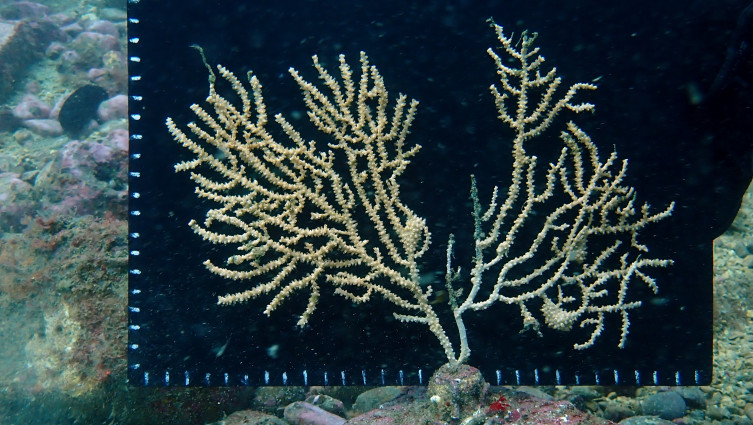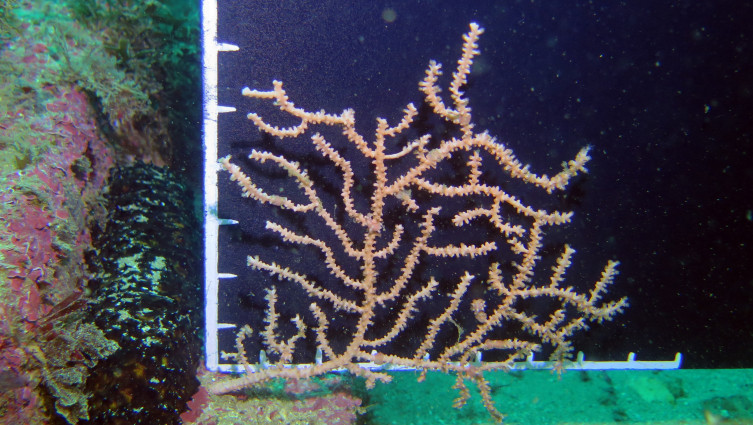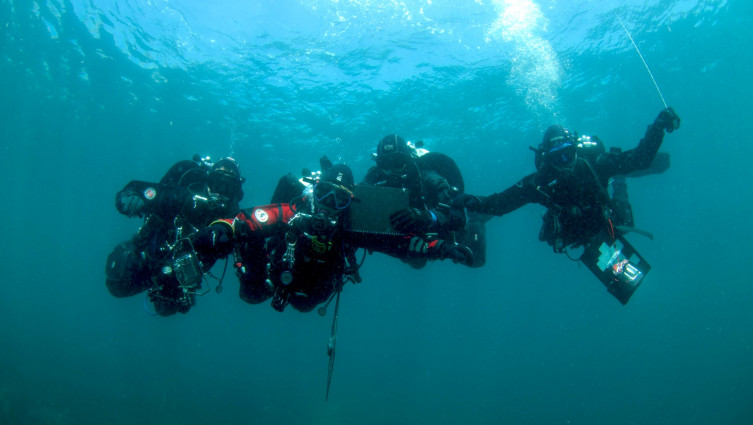During the first week of September, researchers from the HABMAR project and from the CCMAR Scientific Diving Center implanted 12 artificial reefs, transplanting a total of 90 coral colonies of three different species.
In addition to this work, the researchers were also able to monitor coral transplants previously implanted on artificial substrates, during 2019 and 2020.
Corals are very important marine animals for marine ecosystems, functioning as a habitat and shelter for many species. As they have a slow growth, they are extremely vulnerable to various impacts.
Corals are sometimes accidentally removed from the seabed by bottom fishing in Sagres, rescued by researchers and transplanted back to artificial reefs.
This initiative is part of the HABMAR project, where researchers from the Center for Marine Sciences (CCMAR) of the University of Algarve rely on the voluntary collaboration of local fishermen to save the corals, and the support of the CCMAR Scientific Diving Center and divers volunteers for the installation and monitoring of these animals.

The main objective is to develop a pilot action of habitat restoration and coral transplantation methods that contribute to the rehabilitation of marine biodiversity and Sites of Community Importance - places that significantly contribute to the maintenance or recovery of a natural habitat type or of a species (Rede NATURA 2000) – along the Portuguese continental shelf, particularly vulnerable species and habitats in the circalitoral zone (30-200 meters deep).
The campaign intends to study the possibility of rescuing and using the biomass of several coral species, accidentally captured by bottom fishing nets, in actions to restore these habitats, contributing to the study of this important restoration resource with a view to the persistence of communities of coral at the bottom of the sea.
The researchers also hope to obtain data on the efficiency of a new method of attaching corals to artificial reefs, as well as data on the survival and growth of corals over time and how this varies among the species studied.



















Comments